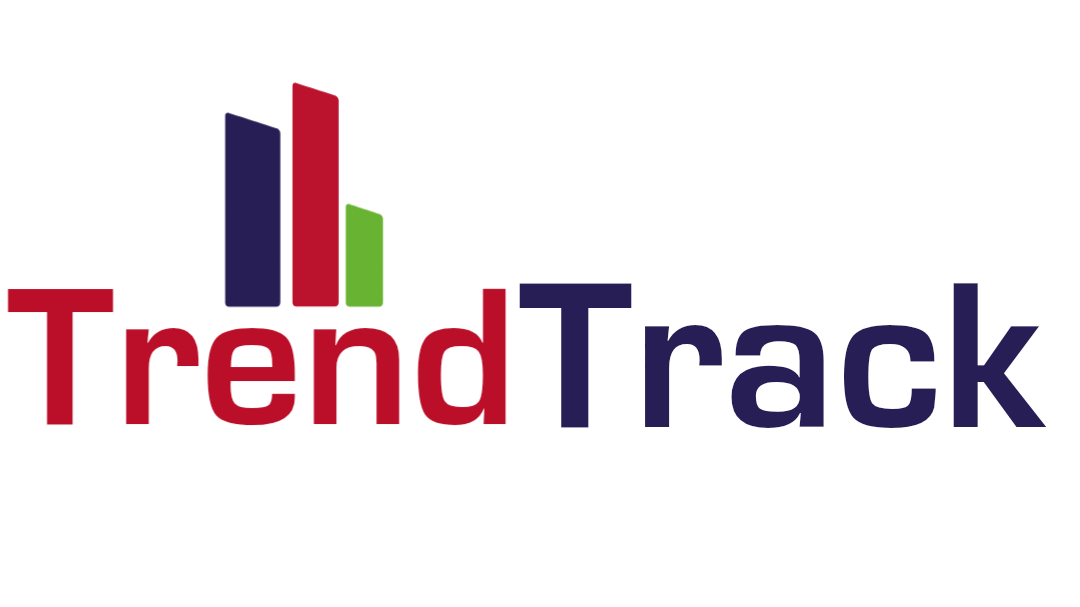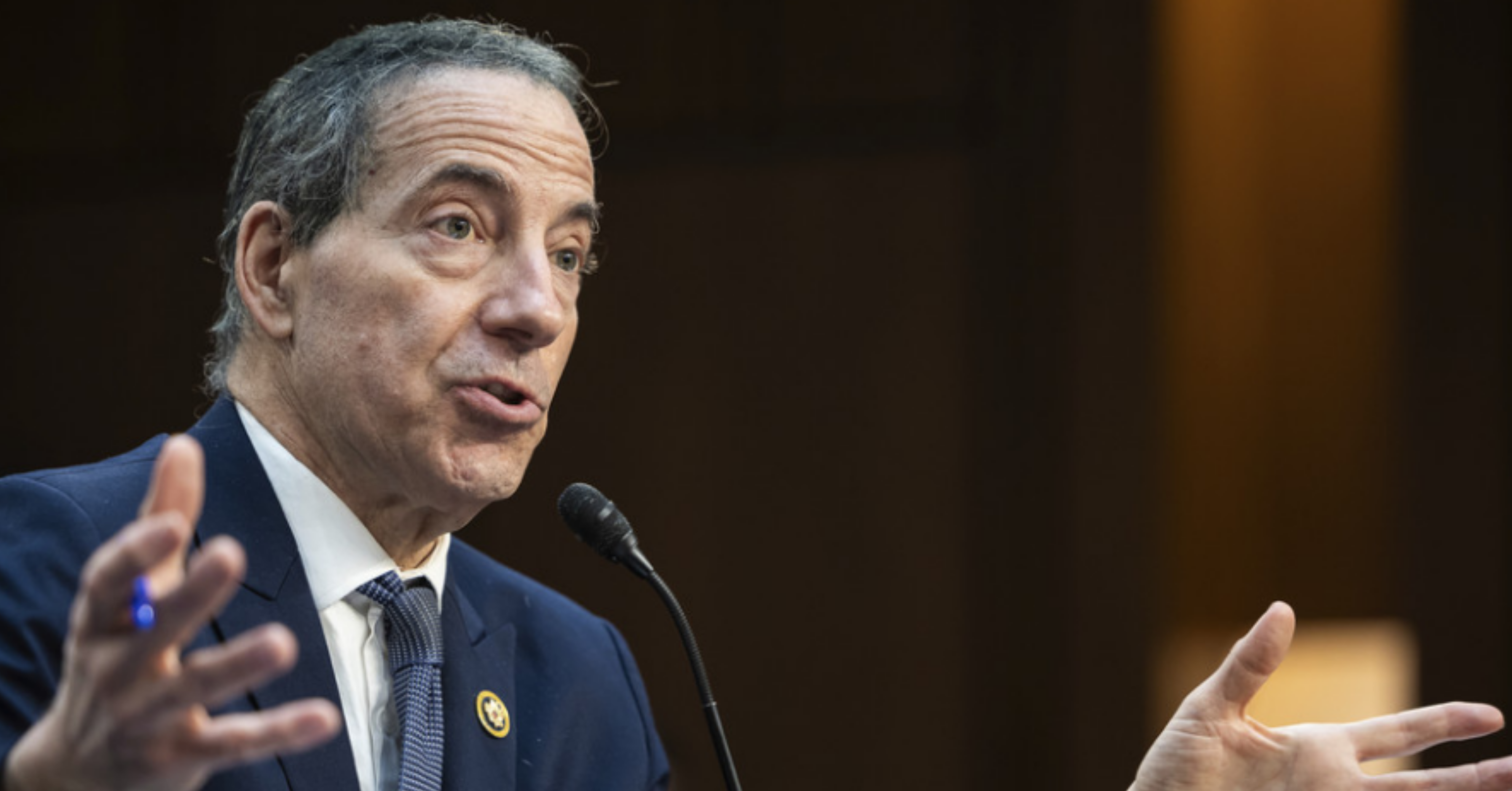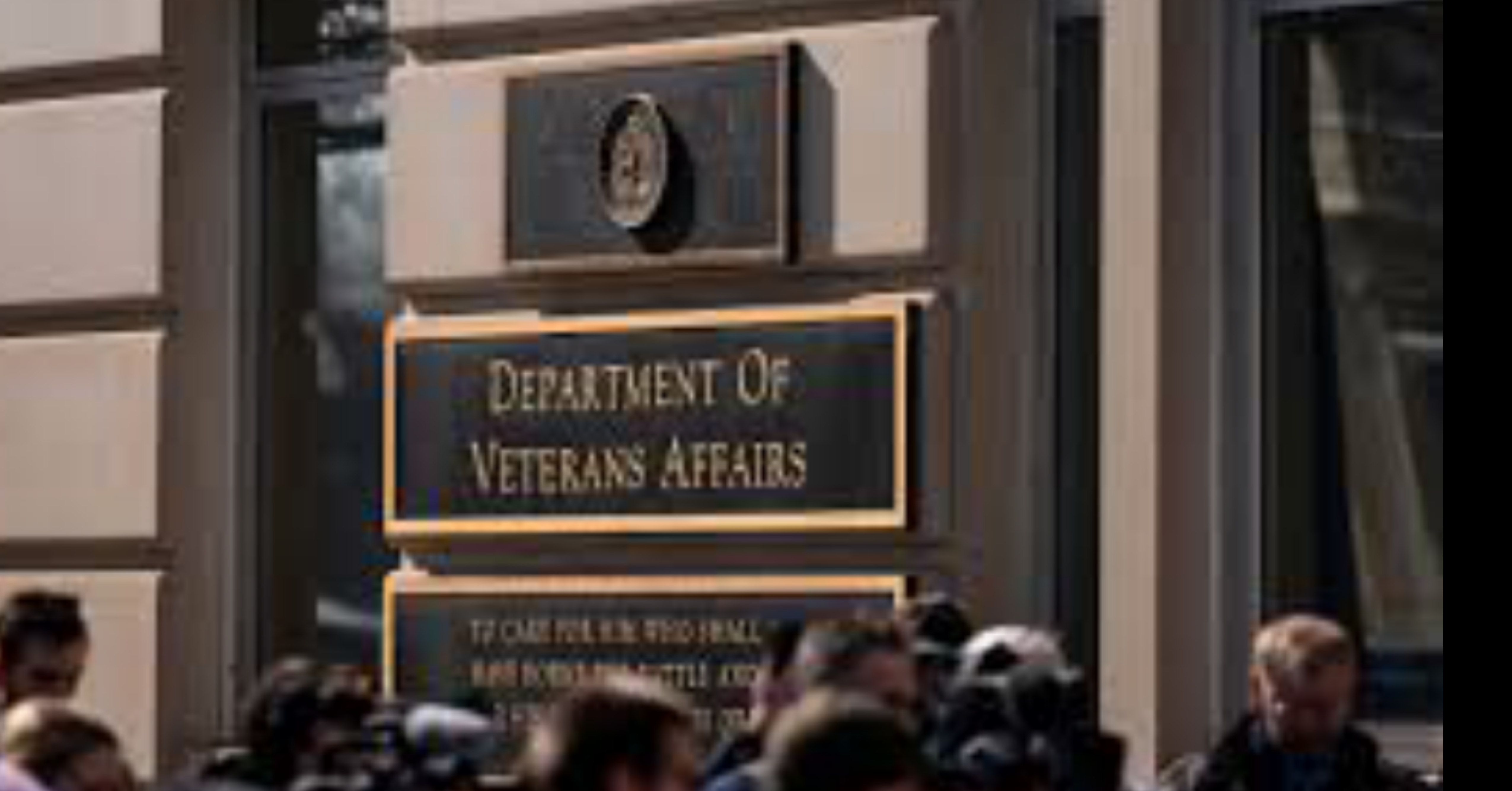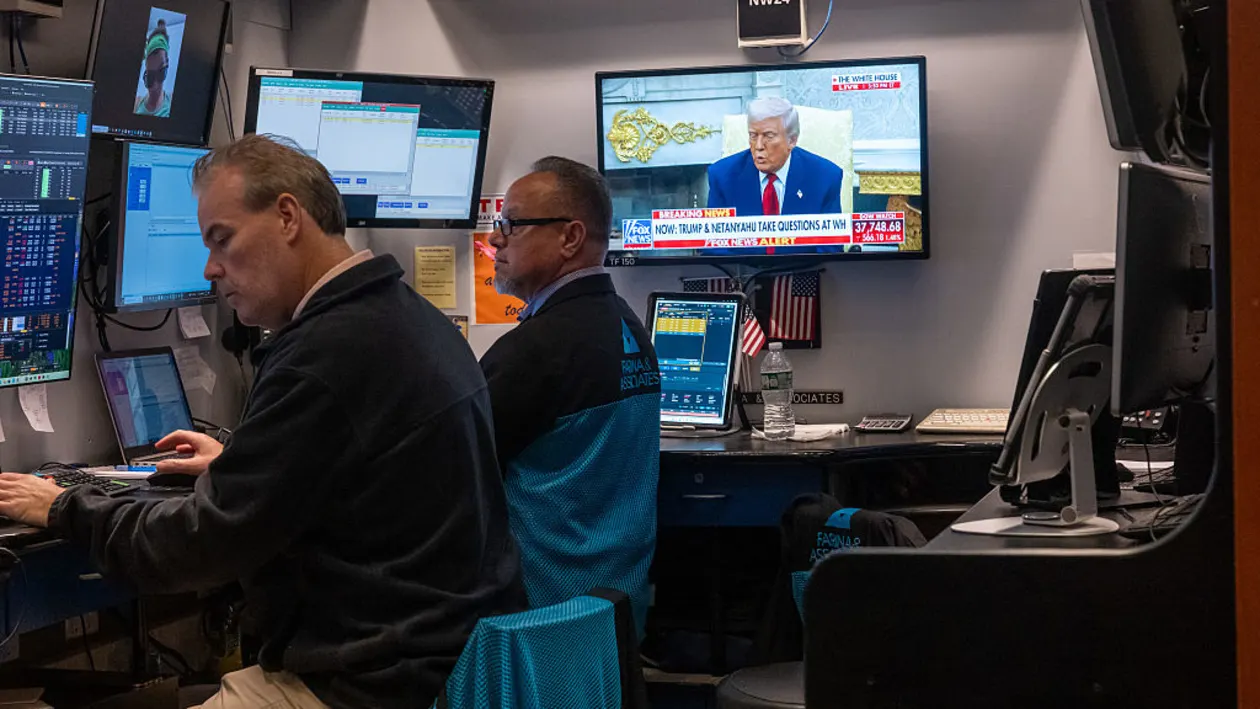
Coffee lovers in Ohio and across the U.S. were recently met with unsettling news: certain coffee products have been recalled due to an unexpected and potentially harmful component. The **FDA coffee recall** has impacted more than a dozen states, raising concerns about food safety and manufacturing standards.
In this article, we’ll break down the reasons behind the coffee recalled alert, which brands are affected, what risks the unexpected ingredient poses, and what consumers should do if they’ve purchased the implicated products.
Why Was Coffee Recalled? The FDA Coffee Recall Explained
The coffee recalled alert was issued after routine testing detected an undeclared substance in certain coffee products. In this case, the unexpected component was ethylene oxide, a chemical used as a sterilizing agent in food processing but classified as a carcinogen by the **Environmental Protection Agency (EPA)and the World Health Organization (WHO).
While ethylene oxide is sometimes used to reduce microbial contamination in spices and other dry goods, its presence in food—especially without proper labeling—violates FDA regulations. Prolonged exposure to this chemical has been linked to increased cancer risks, prompting the FDA coffee recall to protect consumers.
Which Coffee Brands Are Affected by the Coffee Recall?
The recall primarily involves canned and instant coffee products** distributed by several companies. Some of the affected brands include:
Coffee House Collection (specific instant coffee varieties)
Café Bustelo (certain ground coffee lots)
Private label supermarket brands (sold in stores like Walmart, Kroger, and Amazon)
A full list of recalled products can be found on the [FDA’s official recall notice page](https://www.fda.gov/safety/recalls-market-withdrawals-safety-alerts).
Which States Are Impacted by the Coffee Recalled Alert?
The coffee recalledbadvisory spans over a dozen states, including:
Ohio
California
Texas
Florida
New York
Illinois
Pennsylvania
And several others
Retailers and online sellers have been instructed to pull affected products from shelves, but some may still be in consumers’ pantries.
What Should Consumers Do About the FDA Coffee Recall?
If you’ve recently purchased coffee, especially instant or pre-ground varieties, here’s what you should do:
1. Check the Lot Numbers – Compare the product’s UPC and expiration date with the FDA’s recall list.
2. Stop Using the Product – If your coffee is part of the recall, discontinue use immediately.
3. Return or Dispose of It Many retailers are offering refunds, or you can safely discard the product.
4. Monitor for Symptoms – While short-term exposure risks are low, consult a doctor if you experience unusual reactions.
How Can Future Coffee Recalls Be Prevented?
This incident highlights gaps in food safety monitoring. Experts suggest:
Stronger FDA oversight of sterilization processes in food manufacturing.
Better labeling laws to ensure all chemical treatments are disclosed.
Consumer awareness—always check recall notices before purchasing packaged foods.
Conclusion: Staying Safe After the Coffee Recalled Alert
The coffee recalled alert in Ohio and other states serves as a reminder of the importance of food safety regulations. While the immediate health risk is low for most consumers, the presence of ethylene oxide in coffee products is a serious concern. Staying informed and checking FDA updates can help you avoid potentially harmful products.
For the latest recall information, visit the [FDA’s Recalls & Safety Alerts page]
FAQs About the Coffee Recall
How do I know if my coffee is part of the FDA coffee recall?
Check the lot number and expiration date against the FDA’s official recall list. If in doubt, contact the manufacturer.
What are the health risks of ethylene oxide in coffee?
Long-term exposure is linked to cancer, but a single serving is unlikely to cause harm. The recall is a precautionary measure.
Can I get a refund for recalled coffee?
Yes, most retailers and brands are offering refunds. Keep your receipt and contact the seller.
By staying vigilant and informed, consumers can protect themselves from potential risks associated with food recalls. If you suspect your coffee is affected, take action promptly and follow FDA guidelines.







